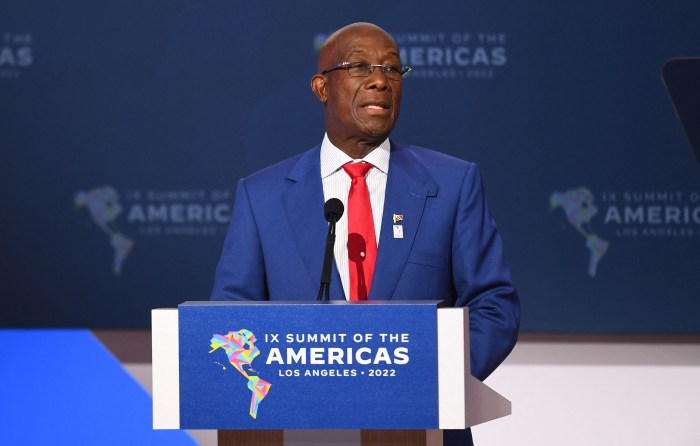The Washington, D.C.-based Pan-American Health Organization (PAHO) says it has partnered with George Washington University’s Milken Institute School of Public Health and the Yale School of Public Health, with financing from the government of Canada, in launching a new course to improve nutrition programs in Latin America and the Caribbean.
PAHO said the program is also aimed at preventing malnutrition “in all its forms.”
The course, “Evaluation and Quality Assurance of Nutrition Programs,” a mixed online / on-site course, began this month on the PAHO Virtual Campus for Public Health.
PAHO said a total of 35 professionals from the Ministries of Health of Guatemala, Colombia, Ecuador, and Peru were selected to take part in this initial four-month training, which includes a one-week on-site workshop in Ecuador in December 2018.
“This initiative will help countries build their capacities to utilize innovative evaluation and quality assurance techniques to improve the performance of their current food and nutrition programs,” said Rubén Grajeda, PAHO regional advisor on nutrition.
The selected participants are implementing nutrition programs in their own countries, as part of Integrated Health Systems in Latin America and the Caribbean, a joint PAHO/Government of Canada project to improve the health and nutrition of women, children and adolescents living in situations of vulnerability in 11 countries of the Region of the Americas.
According to the Panorama of Food and Nutrition Security in Latin America and the Caribbean 2017, there are currently 6.1 million children under the age of 5 living with chronic malnutrition in Latin America and the Caribbean, and another 3.9 million that are overweight.
Throughout the course, PAHO said each country will develop a proposal for a continuous monitoring and quality assurance system for nutrition intervention, which participants will commit to implementing during the first quarter of 2019.
An innovative feature of the course is the use of Program Impact Pathway (PIP) methodology, which until now had only been applied in academic work as a frame of reference for program monitoring, PAHO said.
It said PIP analyses can help identify problems in the implementation of nutrition programs, establish ways to overcome them and achieve the expected impact.
“This program will enable participants to learn about continuous evaluation and its application to nutrition policies and programs in several countries,” said Dr. Uriyoán Colón Ramos, associate professor of nutrition and global health at the George Washington University’s Milken Institute School of Public Health. “Furthermore, the course will increase knowledge of the double burden of malnutrition and obesity.”


























